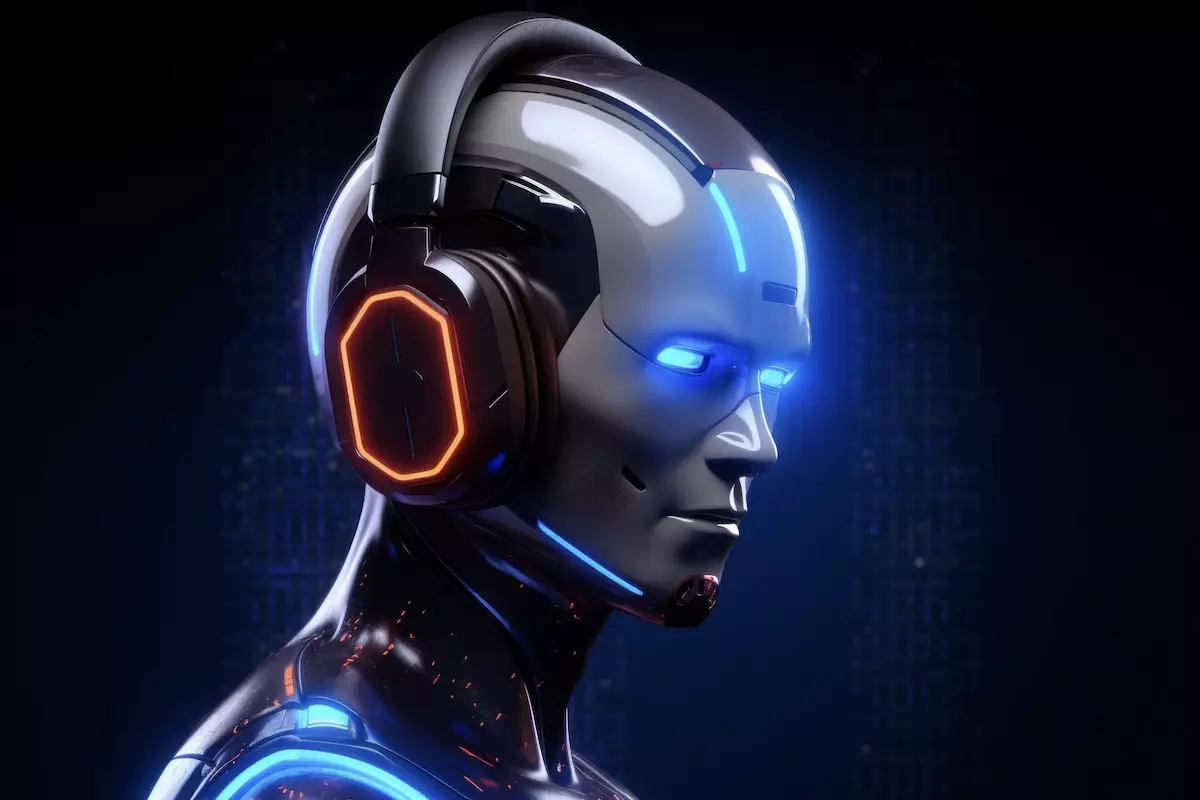The gaming industry has always been at the forefront of technological innovation, but recent developments, particularly in the realms of Web3 and artificial intelligence (AI), are initiating a transformation that could redefine the player experience. Gone are the days when players were entirely dependent on developers and their monetization practices. This article delves into how these groundbreaking technologies are not only reshaping the gaming landscape but also promoting a more egalitarian and immersive environment for gamers.
Historically, the relationship between players and their in-game assets has been one-sided. Gamers invested their time and money into acquiring swords, skins, and characters, only to realize they had no real ownership over these items. They existed merely on centralized servers owned by gaming companies. Thus, a sobering reality dawns: once a server goes offline or a game is discontinued, treasured in-game items vanish without a trace.
Web3 technology brings a paradigm shift to this model by leveraging blockchain to provide true ownership of digital assets. Players can now possess their in-game items in a decentralized manner, where assets are securely stored on a network rather than a company server. This decentralized structure empowers gamers, allowing them to trade, sell, or utilize these items across multiple games, akin to collecting rare physical assets like comics or stamps. The potential for real-life value and the freedom to manage one’s own digital possessions represent a significant evolution in the gaming ecosystem.
Artificial intelligence is infiltrating various aspects of our lives, and gaming is no exception. Traditional game design often adopts a one-size-fits-all approach, offering a static experience that rarely adapts to individual player preferences. However, the emergence of AI tools enables developers to create games that are more attuned to how players engage with them.
Consider titles like AI Arena and ChibiClash, which harness AI-driven systems to develop characters that not only learn from players’ strategies but also evolve throughout the gameplay. By observing player choices, these intelligent characters adapt their responses, creating a more responsive and dynamic gaming environment. For instance, if a player opts for stealth over combat, AI can tailor missions to complement that gameplay style, offering challenges that feel personalized and engaging.
Furthermore, the efficiency that AI brings to game development cannot be overstated. By automating certain aspects of game design, including character creation and environmental modeling, developers can focus their energy on the narrative elements that resonate with players. In a world where small teams dream big, generative AI tools reduce the time and manpower needed to build vast, captivating game worlds, allowing for richer storytelling experiences.
AI is poised to redefine storytelling in video games. Instead of a single narrative line that every player follows, AI can alter the storyline based on individual choices and playstyles. If a player consistently acts altruistically, they might be presented with quests that reflect their heroic nature. The result? Players embark on unique journeys that feel crafted exclusively for them, knitting a deeper connection between the player and the game.
Moreover, AI companions may soon become a staple in gaming. These digital allies could remember player achievements, offer advice tailored to the player’s style, and suggest challenges that calibrate to individual skill levels. This creates an environment where each session can offer a new experience, significantly enhancing replayability.
With great potential, however, comes significant challenges. As AI starts generating vast amounts of content, questions around copyright ownership arise. If a player creates an item using an AI platform, who retains the rights? The possibility of AI creating harmful or misleading content heightens the need for robust monitoring systems to ensure equity and fairness within the gaming community.
Furthermore, biases present in AI models could inadvertently transfer undesirable traits into the gaming experience. Developers need to implement comprehensive guidelines and engage with communities to establish a safe and entertaining environment for all players. Continuous feedback and oversight will be fundamental to balancing innovation with responsibility.
Despite the nascent stage of Web3 and AI in gaming, the buzz surrounding these technologies is unmistakable. Players are beginning to recognize the transformative potential of possessing true ownership over digital assets and experiencing games that respond to their individual play styles.
As we venture further into this technological frontier, the prospect of retaining in-game assets in digital wallets and interacting with AI companions may redefine what gaming means for millions. A new era is on the horizon—one characterized by creativity, player autonomy, and an authentic sense of ownership. The convergence of blockchain and AI might just lead to a gaming renaissance that empowers players and enriches the interactive entertainment landscape.

